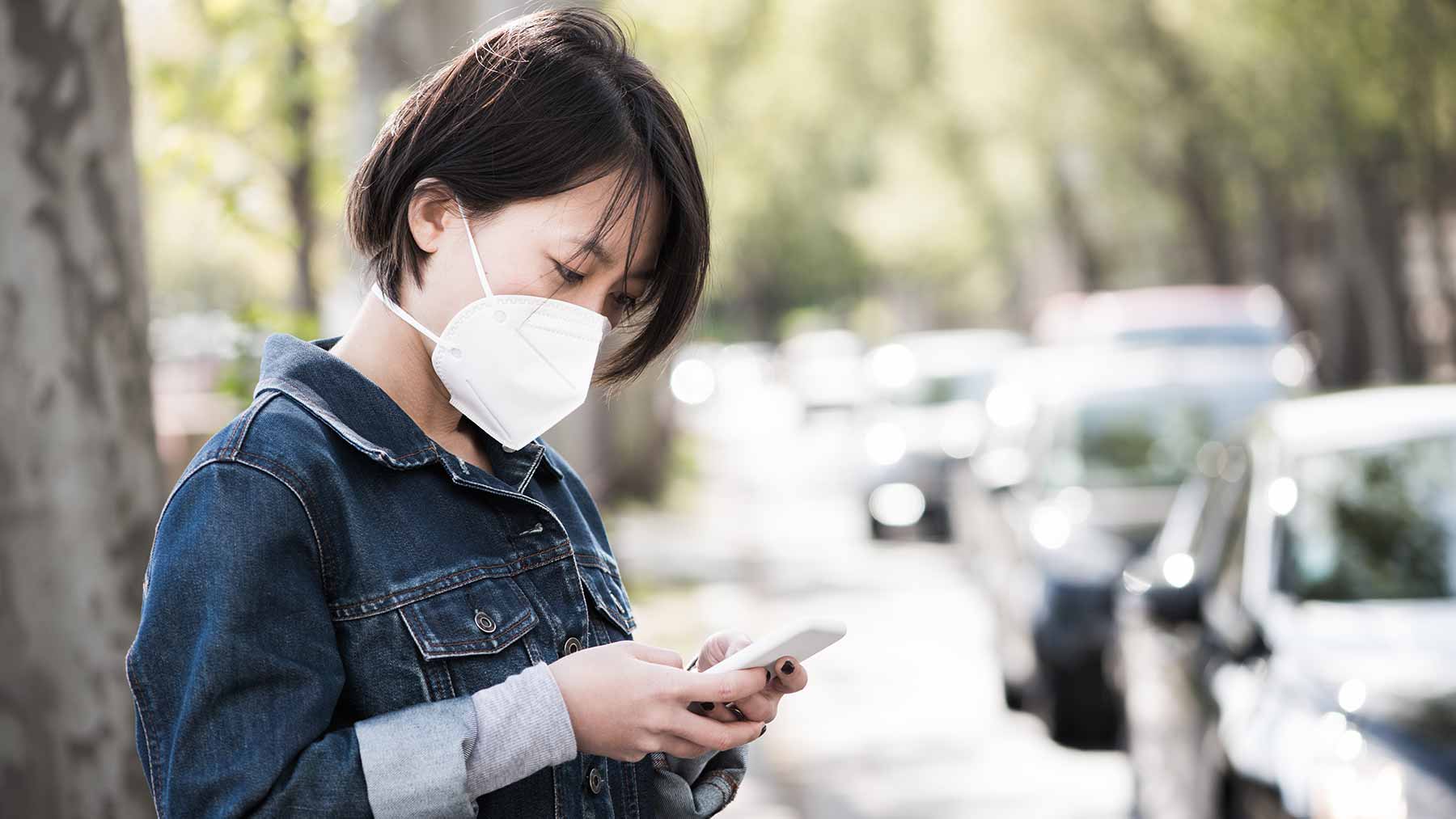3 tips to ease your anxiety about public health threats

Anxiety is a natural, normal bodily response to threatening situations.
It can consist of worrisome thoughts (“What if something bad happens?”) or physical sensations such as increased heart rate, shakiness, or upset stomach; as well as urges to escape or avoid the things that make us anxious.
Anxiety often increases when we face situations that are new, unfamiliar, or uncertain, such as in the case of a public health threat.
In recent weeks, the Centers for Disease Control and Prevention (CDC) has been closely monitoring an outbreak of respiratory illness caused by a new coronavirus, first detected in Wuhan, China. Thousands of infections have been reported in China, and more cases of coronavirus are being reported in other international locations, including the United States.
Extensive media coverage of viral outbreaks, chemical leaks, commercial transit crashes and other negative events often lead to increased anxiety and perceptions of how dangerous something really is.
Is it normal to feel this way?
Yes, anxiety helps us, to a degree. We pay more attention to potential threats and take effective action to keep ourselves safe or prevent negative outcomes.
For example, awareness of increased flu activity in your area can motivate you to get a flu vaccine and practice good hand hygiene. Likewise, some feelings of nervousness about an upcoming exam or work presentation can motivate you to prepare.
However, if this apprehension and worry interferes with your ability to care for yourself, interact with others, or meet obligations at work or school, it could be a sign of clinically significant anxiety that would warrant medical attention. A mental health professional such as a psychiatrist, psychologist, or professional counselor can discuss your symptoms and options for treatment.
What are 3 tips to lessen this anxiety?
1. Stay informed the right way. Use reputable sources, such as the CDC, for accurate information. Unfortunately, misinformation runs rampant on social media platforms, which can lead to increased anxiety and confusion. If certain forms of media increase your anxiety and worry, set boundaries. Turning off the news and limiting the scrolling through social media may help relieve your uneasiness.
2. Maintain a balanced perspective. Media attention surrounding negative events can lead to increased perceptions of risk. For example, the flu claims tens of thousands of lives per year, but generally gets much less media attention than newly discovered viruses.
During the H1N1 “swine flu” outbreak of 2009, the CDC reported approximately 13,000 deaths in the United States. In comparison, our annual influenza rates have ranged from 12,000 – 61,000 deaths per year since 2010, according to the CDC.
3. Take care of you. Getting good sleep, exercising regularly, practicing relaxation and maintaining a healthy diet can help you manage anxiety and stress.
The take away message is to stay informed and follow preventive recommendations. If you experience overwhelming feelings of anxiety or difficulty engaging in daily activities because of your worries or concerns, help is available.
Travis D. Westbrook is a Clinical Psychologist in the Department of Psychiatry and Behavioral Health at The Ohio State University Wexner Medical Center.




